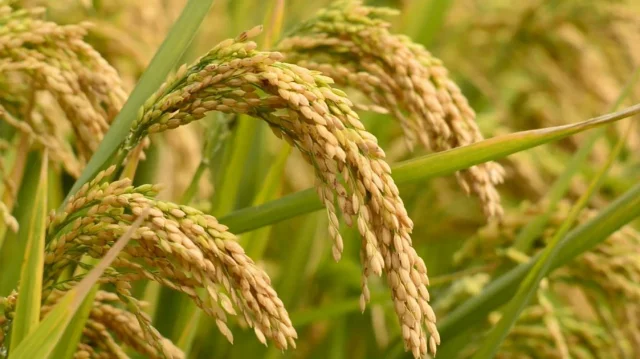Project Details

Topic: Agriculture
Researchers: Chris Barrett, Marcel Fafchamps, Prof. Asad Islam, PhD
#completed
Technology Adoption and Diffusion among rice farmers in Bangladesh
Method: Quantitative
The overview of the project:
Crop yields in developing countries remain low due to limited adoption of new innovations by farmers. The System of Rice Intensification (SRI) has demonstrated dramatic potential for increasing rice yields without requiring additional purchased inputs (seed, fertilizer, etc.), nor increased irrigation. But these gains, although widely documented in observational data from a variety of countries, are yet to be verified with adequate scientific rigour. Moreover, although SRI has been introduced at a small, pilot scale in some locations in Bangladesh, casual empirical observations suggest that adoption and diffusion rates appear to be very low, as appears true in other countries. Given its purported productivity and earnings potential, low uptake of SRI technology seems rather puzzling. Though not requiring greater material inputs or irrigation water, SRI is a knowledge-intensive cultivation technique that requires significant local adaptation and managerial skills. There is evidence that farmers are constrained by information and skills necessary for local adaptation. Finally, because SRI fields differ visibly from traditional rice fields, social norms and conformity pressures may likewise discourage adaptation and the ultimate adoption decision.The project investigates how social networks or peer groups can be utilised among poor rural farmers in developing countries to facilitate the adoption and diffusion of a novel and promising new approach to increasing productivity in rice cultivation, the SRI. It is a joint project with BRAC and GDRI, funded by International growth centre.